Participants & Testimonials
Join a diverse group of environmental professionals who manage, influence, and govern tropical forest landscapes.
Participant Overview
Participants to date represent:
- 180+ organizations
- 60+ countries
Participants include:
- Staff members from governments, NGOs, aid agencies, foundations, businesses, extension agencies and academia
- Graduate students and recent graduates
- Landowners, farmers, ranchers and community organizers
- Individuals seeking professional development or career changes
.png)
Image: Locations of program participants to date
TESTIMONIALS
Hear from current and past program participants.
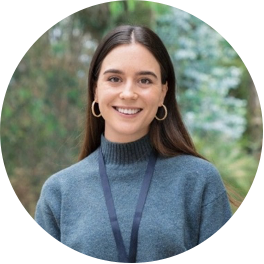
Vanessa Peña (TFL '23)
Amaru FoundationCuenca, Azuay, Ecuador
One of the highlights is the Capstone course, where you put into practice everything you learn by applying the tools and ideas to a project of your choice!
I recommend this course to anyone who wants to build a strong base in theoretical and practical tools for conservation while receiving valuable support and feedback from peers and professors.

Godwin Phylix Cudjoe (TFL '23, Three Cairns Fellow)
Société de Coopération pour le Développement International (SOCODEVI)Accra, Ghana
The program has been an immense benefit to me. It helped me learn the important concepts that enhanced my career in the forestry and natural resources sectors.
The concepts and credentials gained from the program helped me to stand out in job interviews, and I was offered a role as an Environment and Forestry Specialist at the Société de Coopération pour le Développement International (SOCODEVI) in Ghana.
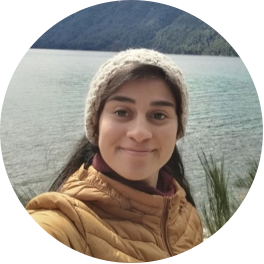
Stefanía Sibille Grández (TFL '23, Three Cairns Fellow)
Libélula-DecarBOOSTLima, Lima-Rioja, San Martin, Peru
Throughout the capstone course, I have been able to apply all the learnings to a real context in my region, allowing me to reconnect with local people and look at the landscape in a more holistic way.
Definitely, this program has supported me to become a well-rounded forest landscape professional.

Laura Piccoli (TFL '23)
Rainforest Foundation USPhiladelphia, PA, USA
The program provides concrete tools for the workplace that lead to more holistic, systematic, and thoughtful project design.
Because of the knowledge gained in this program, I was able to transition within my organization to work more directly on land management planning.
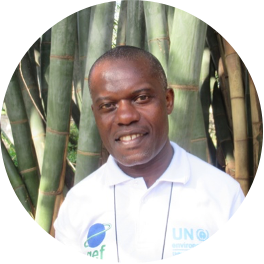
Rudolf Makhanu (TFL '23)
Nature KenyaNairobi, Kenya
The knowledge and skills I acquired from the certificate program makes me confident and well-equipped to undertake my role as a restoration practitioner
I received amazing mentorship, established incredible new networks, deepened my understanding of ecological processes, restoration strategies, and stakeholder engagement, and gained skills highly relevant to my work. I especially enjoyed the live sessions, capstone project and opportunities for peer-to-peer learning.
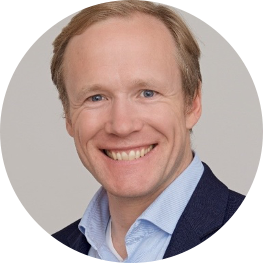
Konstantin von Bar (TFL '23)
Bearfeldt Reforestation/Carbexx PlatformOsnabrueck, Germany
Participants of the course gain in-depth and hands-on knowledge about the history, biology, structure, social factors and finance of tropical landscape projects.
You get to know people from different backgrounds and world regions, which also gives you enriching insights about the variety of nature restoration projects. I can highly recommend the program.
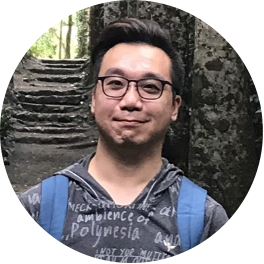
Ray Yan (TFL '23)
Hong KongThe program is packed with content, and if you make time for it, I am sure that you will be satisfied with your efforts!
Although I had to attend the live sessions late at night due to my time zone, it was well worth it to share and learn with my peers from around the world.
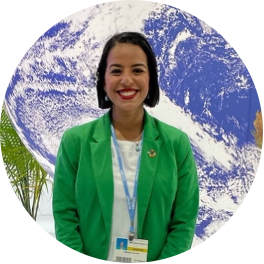
Gabriela Taveras (TFL '23)
Dominican RepublicI have seen many benefits of the program to my work and career thanks to knowledge I earned and skills I polished throughout the certificate program.
My employer now assigns me more project management-related responsibilities. Additionally, thanks to the knowledge obtained through the TFL certificate program, I was selected to participate in my first ever Conference of the Parties (COP27) in Egypt, and was selected for a competitive disaster management programme, sponsored by the Japanese government. My most important piece of advice? Don't hesitate to apply!
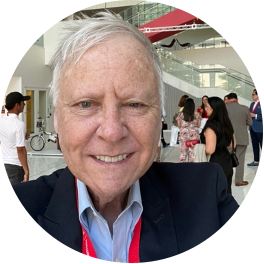
Steven Yamshon (TFL '23)
USDA Forest ServiceCalifornia, United States
This course will help me in my career as I move more into policy making and the international arenas.
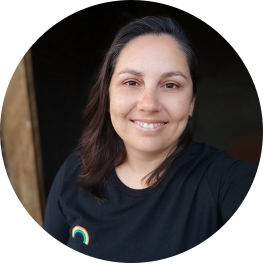
Flavia Martinelli (TFL '23, Three Cairns Fellow)
WWF-BrazilBauru, SP, Brazil
This certificate program stands out for its broad scope and inclusion of content from many different disciplines.
I loved that the course integrated so much quality technical content with perspectives from sociology, anthropology and fundraising.

Angie Hsu (TFL '23)
PhD Student, University of LondonTaipei/London
The balanced approach to understanding people and the landscape offers a holistic view for designing conservation and restoration projects.
I particularly appreciate the emphasis on indigenous land rights, gender equity, and environmental justice and how sustainable forest management requires us to incorporate both scientific and indigenous knowledge.
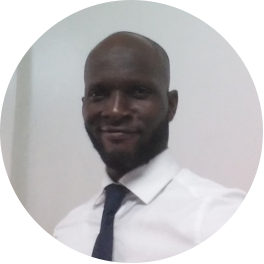
Moro Taufic Abdoul (TFL '23, Three Cairns Fellow)
National Disaster Management OrganizationAccra, Ghana
I now feel adequately equipped to impact the UN Decade on Ecosystem Restoration from the disaster risk reduction angle.
As a whole, ELTI's course structure and content were designed to give participants all the essentials in contemporary restoration practice; linking academic perspectives with industry knowledge, updates and application.
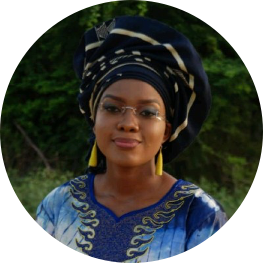
Metolo Foyet (TFL '23)
Gainesville, FloridaThrough the Capstone assignment, I was able to see my community from a new angle, full of potential and opportunities for the livelihoods of its members and beyond.
I equally learned a great lot about other communities and management styles around the world from lecturers and fellow participants' posts in the discussion area and during live sessions. Prospective applicants should definitely go for it. It is worth the financial and time investment. I don't know anyone who had joined this ELTI certificate and regretted it.
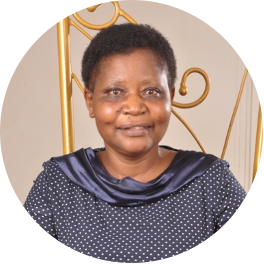
Enver Consolata Mapanda (TFL '23, Three Cairns Fellow)
Green Resources NiassaLichinga, Niassa, Mozambique
The content of the programme has been an eye opener for me. You are taught many practical skills and techniques to deal with society, resources and environment which are important for implementing restoration and conservation projects.
I am now equipped with tools and techniques and knowledge of what I am passionate about -- contributing to climate change mitigation and adaptation through restoration and conservation.
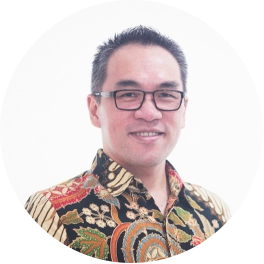
Leonardus Herwindo (TFL '23)
Indika NatureJakarta, Indonesia
I especially like that the mentors really support each participant, making sure the assignments and our understanding of the concepts are on target. The instructors review and provide valuable feedback on the assignments.
So, if you are looking for the relative short yet comprehensive educational program, no doubt, this is the one!
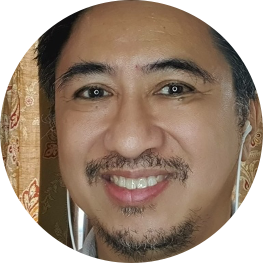
Darwin Flores (TFL '23)
Member of a Protected Area Management BoardQuezon City, Philippines
With the rich case studies and participant experiences, I am inspired by the examples of what works and am learning valuable lessons from experiences what has not worked in the past.
The program is refreshingly designed to address real world situations in tropical forest restoration where both intuitive and anti-intuitive solutions are warmly welcomed. I am now more convinced than ever that forest restoration is principally about restoring the mutually beneficial relationship between humans and nature. And with strong science and academic rigor to boot!
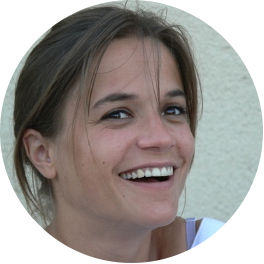
Emily Le Rouzic (TFL '23)
FranceThese exchanges we have in the weekly live sessions make me forget that the program is online and give me the opportunity to establish a friendly network of people from all over the world.
The quality courses are skillfully built, and the program provides a unique opportunity to understand the conservation and restoration of ecosystems in a holistic way.
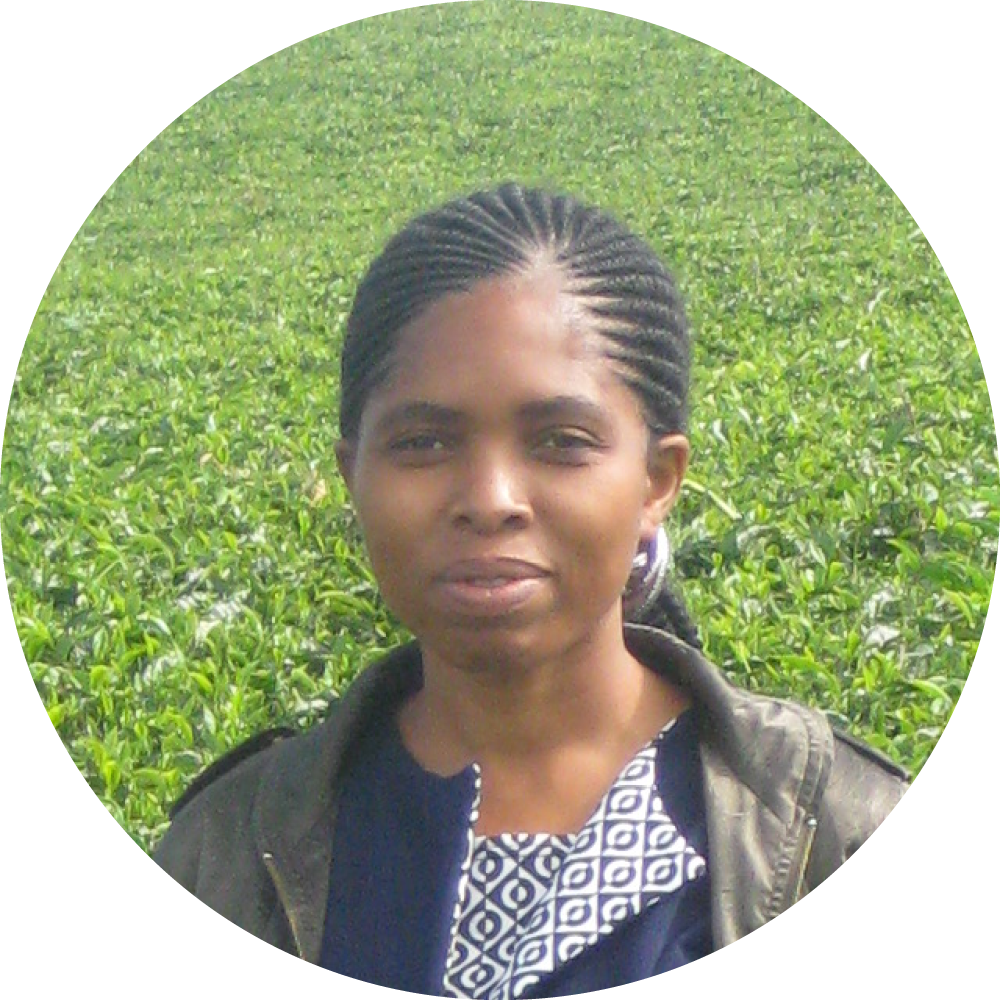
Nancy Saumu Pite (TFL '22)
Kilifi, KenyaThe program will support me on my journey to be the director of forestry in Kilifi county, where I will be able to implement most of what I am learning now.
I love the interactive live sessions so much and the Capstone project helps one to think and be creative. The assignments invite one to reflect on what has been learnt and through the discussions one can have a taste of other people’s experience with different aspects of the course.”

Roeland Esser (TFL '22)
Castricum, The NetherlandsThe abundant research experience that the lecturers have and share as case studies during the course makes lectures not only a joy to listen to, but also a great way to learn how I will approach my own restoration project."
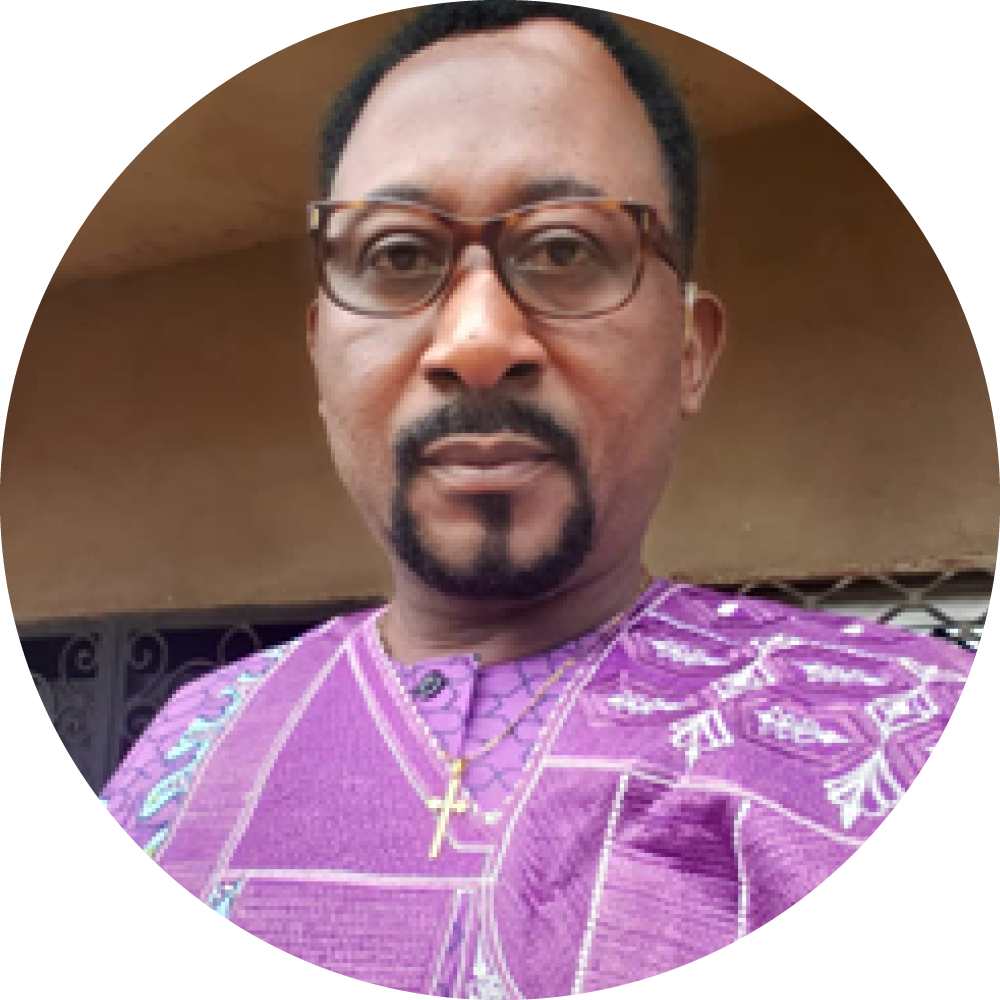
Richard Nforbuh (TFL '22)
Extended Enterprise LimitedThe impact this course will have on my career is huge - it will permit me to acquire skills and learn about strategies and techniques that will assist my capstone project to restore ecological functionality.
By improving degraded, damaged, and destroyed landscapes, I will be contributing in my own way to sustainably meeting society’s diverse and changing land use needs as well as strengthening the livelihoods in my region.”

Stefanie Buxel (TFL '22)
Almira, WA, United States"This program has helped to reshape the way I think conservation is done.
The Strategies course was especially useful in helping me design a meaningful conservation project. The mentors were supportive and encouraging, even when personal events got in the way of my course work. The faculty was also available for questions whenever I had them.”
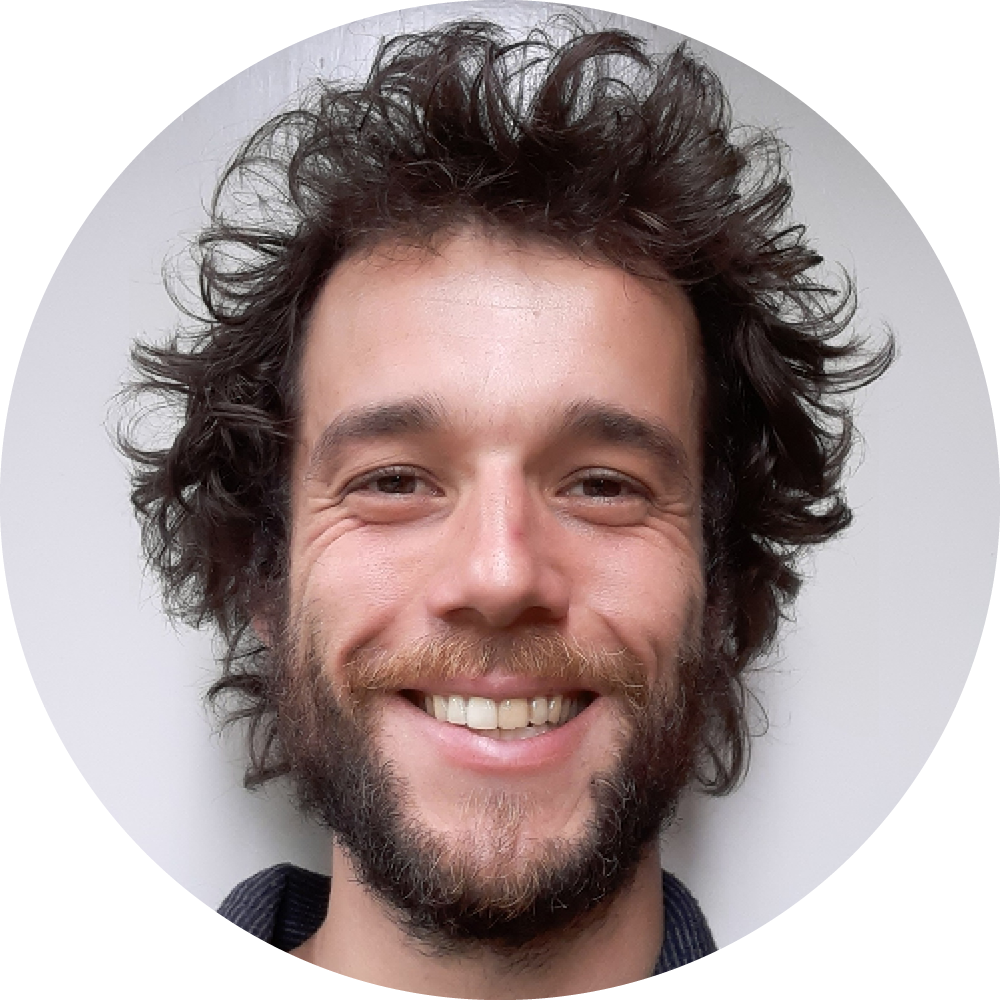
Thor Kuchler (TFL '22)
DIBcoopThe program offers state-of-the-art knowledge aligned with current trends and developments in the conservation, restoration, and sustainable development sectors.
The assignments, and in particular the Capstone project, have helped me to build skills in project development by offering a structured approach to project formulation. The program instructors are very accessible and eager to engage with you on any topic. Many guest lecturers also contribute to the program with their complementary approaches and knowledge. Last but not least, the program provides you with a large abundance of relevant resources. The program has helped me to professionalize my career by both deepening and broadening my knowledge, as well as provided me with tools, references and a network that will prove to be useful throughout my future work."
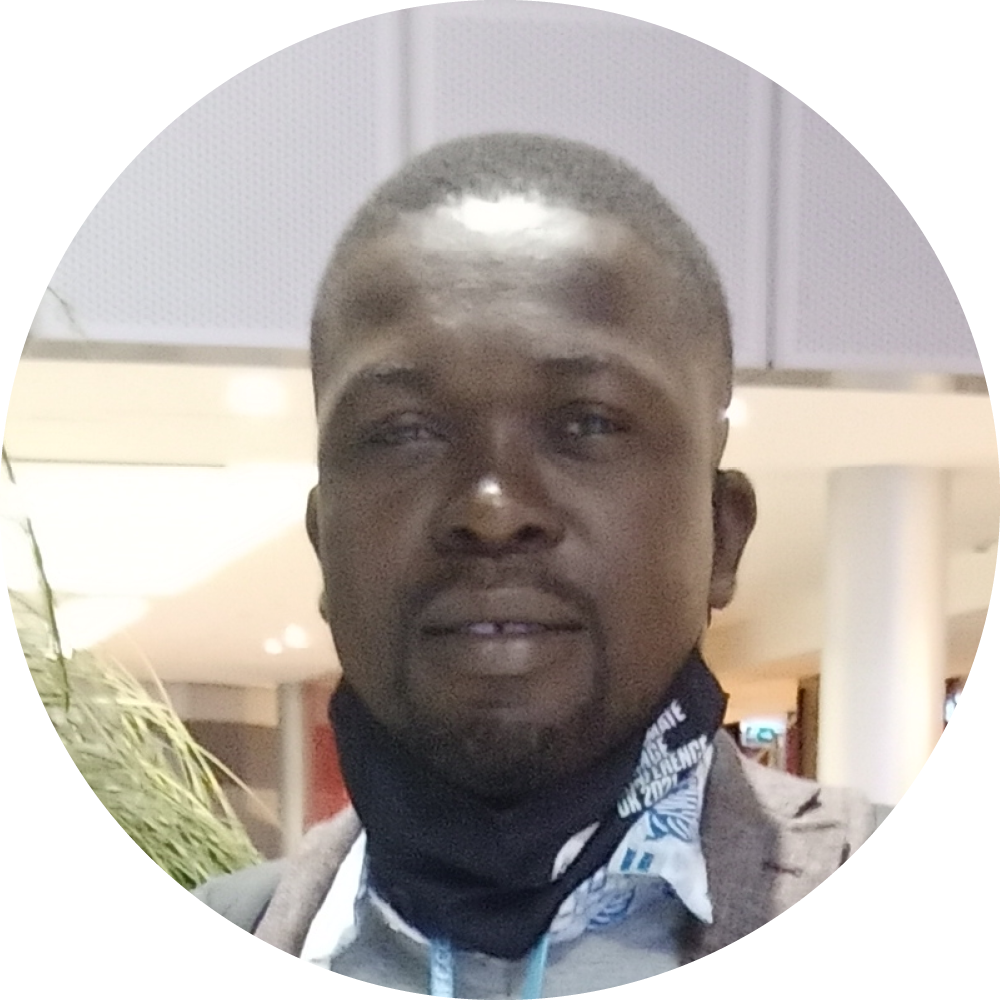
Nick Benitos Goll II (TFL '22)
REDD+ Implementation UnitHowever, being enrolled in the program has been a whole new experience as I've been introduced to so many new and evolving concepts.
The course enables you to look at conservation and natural resource management from diverse angles that incorporate people, ecosystems, and strategies. There are many insightful reading materials available, and the live sessions and reflections introduce you to different perspectives from colleagues and help shape your thoughts. The capstone gives you hands-on experience designing your own project. Joining this program will be a rewarding experience for prospective students; I highly recommend it.”

Jan Kreibich (TFL '22)
UNSW Centre for Ecosystem Science“This program requires some significant amount of time and effort, do not underestimate it. But it is worth every single moment of it.
After every lesson I am blown away by the Yale ELTI team’s vast knowledge and incredible dedication, the infectious enthusiasm of fellow course participants with their rich experience in ecological restoration from all around the globe, and the invaluable insights and tools which I cannot wait to apply to and implement into my own large-scale river and wetlands restoration work on the Lower Murrumbidgee River in south-eastern Australia.”
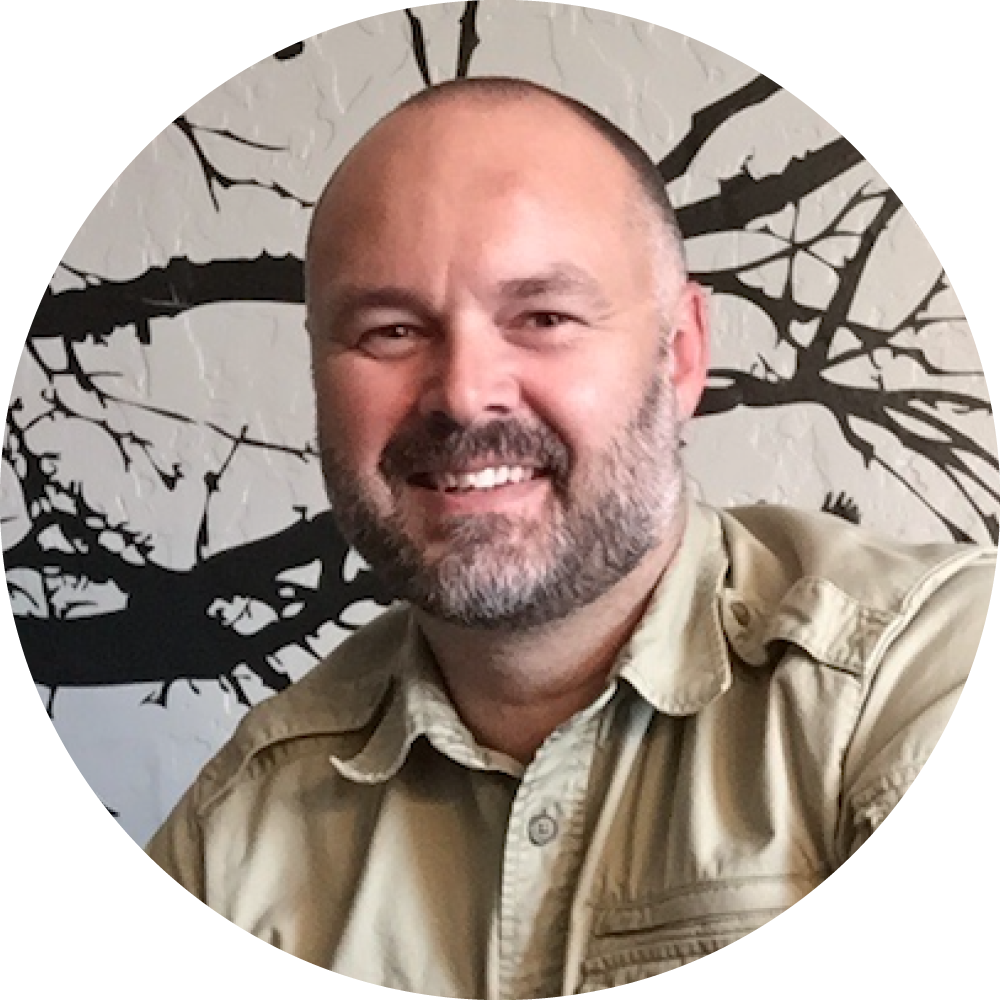
Brandon Elrod (TFL '22)
Community Forests CouncilI've been able to incorporate many of the program's concepts already, including stakeholder mapping and stock and yield analysis, into my Community Forestry planning.
For anyone like myself who is outside of the typical forest restoration scenario, I'd encourage you that the concepts apply far beyond the bounds of the obvious, and as an example, I've been able to utilize them within master-planned communities. It's worth your time investment!”
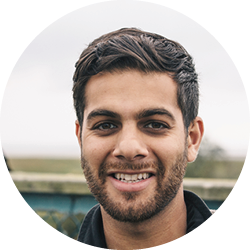
Khalil Walji (TFL '21)
Food and Agriculture Organization of the United Nations (FAO)As a professional working in the policy & research nexus, this is the perfect piece of academic exposure.
The live sessions are well run, engaging, and use examples from student submission which allow them to be dynamic and personal. The content is also well thought out, and extremely engaging - there is not enough time in the week to digest it all, although I wish there was. This is a real commitment, it will take time to truly benefit from this course, however, your level of commitment can be tailored to your needs - which means for working professionals this can be a great after-work personal development course. In the end, the program exposes you to a wide range of critical skills and theories that are at the forefront of the global biodiversity, climate, and other agendas, which are crucial to understand and thrive in the space.”
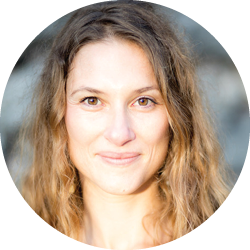
Marine Gauthier (TFL '21)
The Graduate Institute of International and Development StudiesThe mentors’ availability is unique. They are highly responsive by emails, and you can book appointments. It sometimes makes me forget this is an online certificate!
The courses cover an incredibly vast array of subjects, yet we can dig quite deep into each issue thanks to the live session and the possibility to exchange with the lecturers. I am sincerely amazed by the diversity and the quality of the students’ backgrounds and the exchanges we have. The cohort itself is a wealth of information!”

Zipora Otieno (TFL '21)
Food and Agriculture Organization of the United Nations (FAO)Within a very short time, I have been able to build, expand and leverage my professional networks through interaction with other course participants.
The flexible learning arrangements, the support from the program mentors, and the quality of content provided by the instructors have been outstanding, allowing me to effectively balance my work commitments and studies. The course instructors have extensive field experience and real-life insights! They are not just academics. They are also very easy to contact and very personable. Despite it being a distance learning course, which requires greater self-motivation, the weekly live sessions and the blended learning allow greater interaction among students and the faculty. I highly recommend this course for any environmental professional looking to take the next big step in their career.”
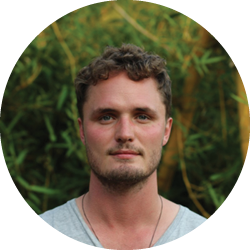
Wesley Snell (TFL '21)
Conserve Natural ForestsDespite the range of topics, this holistic program does not sacrifice depth for breadth.
The integration of this knowledge and my capstone project has dramatically improved the clarity, organization, and precision of my work restoring tropical dry forests in Thailand.”
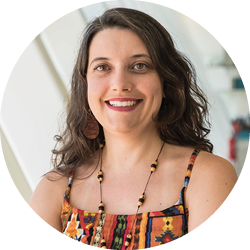
Fabiana Servantes Munhoz (TFL '21)
L'OréalBeing from the private sector, the critical thinking I'm learning in this program is a key element for achieving transformative change in developing inclusive and responsible supply chains.
Overall, the program encourages us to analyze and address the many social issues around people and inclusion in conservation projects.”
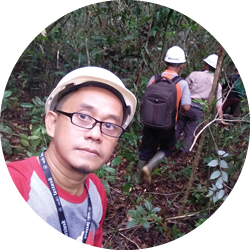
Henry Putranto (TFL '21)
GoodhopeWe are guided step-by-step to do the capstone project, given helpful tools, and provided with opportunities for feedback and discussion.
In addition, the lectures and case studies in the program are really valuable and eye-opening.”
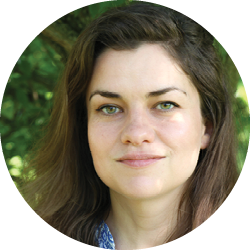
Roxana Auhagen (TFL '21)
The variety of research experience and practical knowledge shared by the lecturers and incredibly enriching diversity of participants, enable great exchanges and learning on different levels.
That diversity is reflected in the lively discussions of multidisciplinary approaches which suit the complexity of the topics at hand. All this makes the program a truly rewarding experience!”
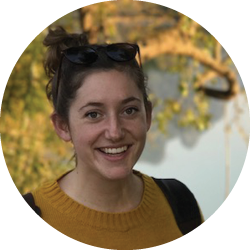
Teresa Kennedy (TFL '21)
Environmental Investigation AgencyI appreciate that each student can decide for herself
how much time she wants to dedicate each week.
The effort each week can easily be adapted based on interest in a topic, workload outside of ELTI, or anything else that comes up. It has made me feel like I am learning for the sake of learning and not just completing assignments to meet deadlines or professor expectations.”

Pheakkdey Nguon (TFL '21)
European Forest InstituteHowever, I was grateful for it because it exposed me to topics that are very relevant, but I have not explored previously
The lectures, readings, discussions with my cohort via the weekly reflections and the live sessions with the instructors are very useful to clarify these concepts.”
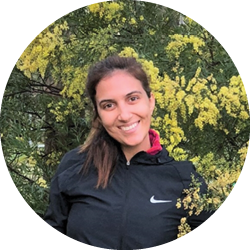
Anazelia Tedesco (TFL '21)
The University of QueenslandThis program allowed me to integrate a solid knowledge base and practical experience with the most current solutions, challenges, and best practices in conservation and restoration."
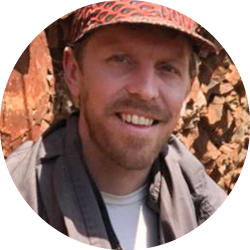
Nick Nugent (TFL '21)
Mumbai, IndiaThe instructors pay close attention to the participants' projects and give nuanced feedback to help guide our real-life work.
Engaging with the instructors and students from around the world has been a highlight of the ELTI course thus far.”
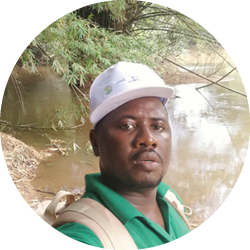
NSOH NDAM Elvis (TFL '21)
Ministry of Forestry & WildlifeThe lecturers go through all the stages of project management and help you to develop a framework for consulting the many actors necessary for project success.
The capstone project of this training has caught my attention because of all the tools you learn. I have learned to carry out a SWOT analysis and develop multi-stakeholder radargrams based on the strength, capacity, motivation, and mandate of many different actors. I have also learned to identify the threats to conservation and contributing factors while proposing strategies to be implemented to mitigate these threats and develop a real project that will benefit communities.”

Holly Bynoe (TFL '21)
Sage Gardens BarbadosThe 2020-2021 cohort consists of a group of dynamic people with such a range of knowledge, and the way we share is especially fruitful.
The live sessions every week along with the assignments and instructors have been beneficial and outstanding thus far. They grow my knowledge and challenge me weekly to think through my proposed Capstone project. Overall, the courses allow for the digestion and assimilation of knowledge at a pace that is thrilling and challenging. Prospective applicants should be aware that this is a serious commitment. I spend roughly 6-8 hours a week with readings, viewing the lectures, case studies, and of course attending class. However, the sacrifice of time directly affects my knowledge and ability to follow the systematized way of thinking through the context of my landscape, its history, social behaviors and intrinsically the nature of post-colonial societies.”

Pilar Pedrinelli (TFL '21)
The Rainforest AllianceTaking this program allowed me to become a better advocate and translate my leanings into a proper narrative that can benefit lots of people.
I am leading the Rainforest Alliance's public engagement work, and I developed my career in this field as I believe that what is going to make us change and click as humankind is proper informed storytelling. I joined this online certificate program to be able to understand the causes and the effects of deforestation and, in detail, how we can effectively reverse the direction that our world seems to be heading towards. My personal challenge is to understand all the complex nuances of this work and make sure that I am educated enough to distill the key message and connect it to people's everyday life and everyday choices. I love to translate complex topics in a simple (yet not simplistic) version that can connect with people, and I was provided now with a great and important platform to tell a great story.”